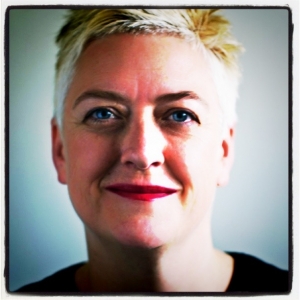NeCTAR success
Research news
Deakin University’s Professor Deb Verhoeven is heading a team that has won NeCTAR (National eResearch Collaboration Tools and Resources) funding for a two year project entitled The Humanities Networked Infrastructure (HuNI) Virtual Laboratory.
The HuNI Virtual Laboratory is a two-year project that will provide researchers around the world with access to the combined resources of Australia’s major cultural datasets and information assets.
HuNI will be the first national, cross-disciplinary virtual laboratory for the humanities to be established anywhere in the world.
It will use the latest Linked Data technology to combine the data from Australia’s most significant cultural datasets.
Together they contain more than two million authoritative records and cover fields as varied as literature, art and design, theatre, film and visual media, history, biography, music and archaeology.
These datasets have been developed and used by subject and technical experts over many years.
What this means is that now, for the first time, Australian researchers will be able to work with the combined data from all these sources, rather than having to use them separately.
They will be able to apply innovative tools - most of which were developed in Australia - to analyse the data.
The tools will enable researchers to annotate and tag, develop virtual collections, create maps and timelines, and build visualisations of the data.
The ability for researchers to work collaboratively or independently with the data, applying cutting edge analytical tools will yield new scholarly outcomes and deepen our understanding of Australian culture across time.
HuNI will also make cultural data available for linking with data from the sciences and the social sciences and it will be specifically designed for future growth and expansion, with the addition of more datasets and the contribution of additional information.
The key elements of the HuNI project are:
- The enhancement of interoperation between Australia's most significant cultural datasets;
- Laying the groundwork within the VL for the expansion of this capacity into the future;
- Supporting collaboration and data-sharing between humanities researchers;
- Creating efficient workflows for researchers working with cultural data;
- Facilitating within the VL deeper engagement between researchers, policymakers and the wider community.
For further information contact Professor Deb Verhoeven via email at deb.verhoeven@deakin.edu.au.
Share this story
 Professor Deb Verhoeven
Professor Deb Verhoeven
